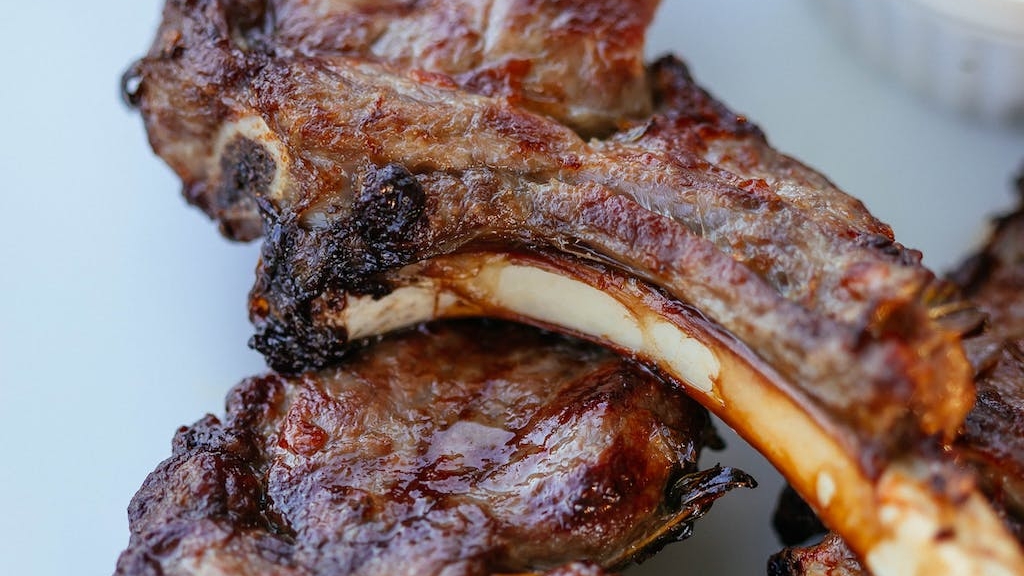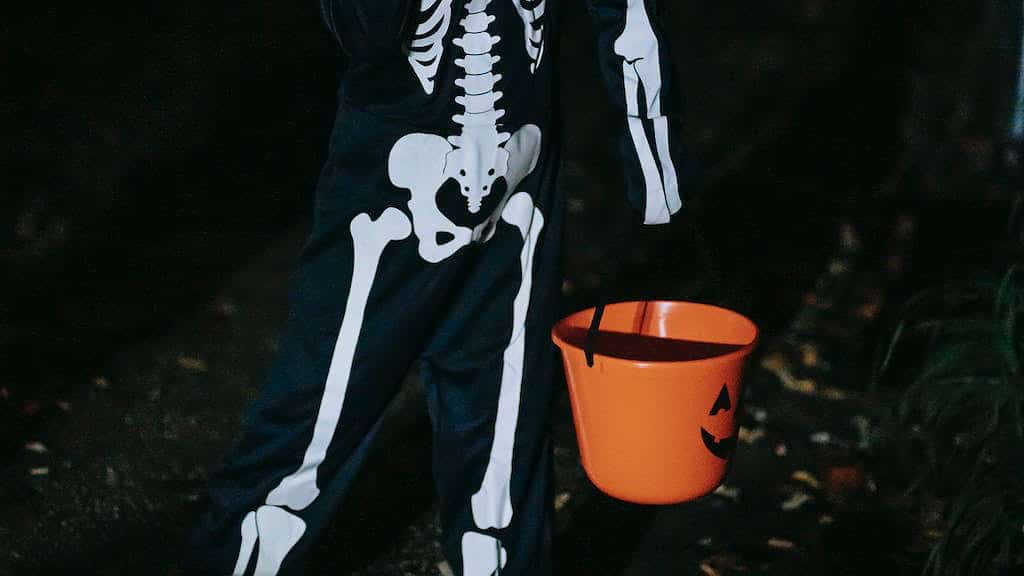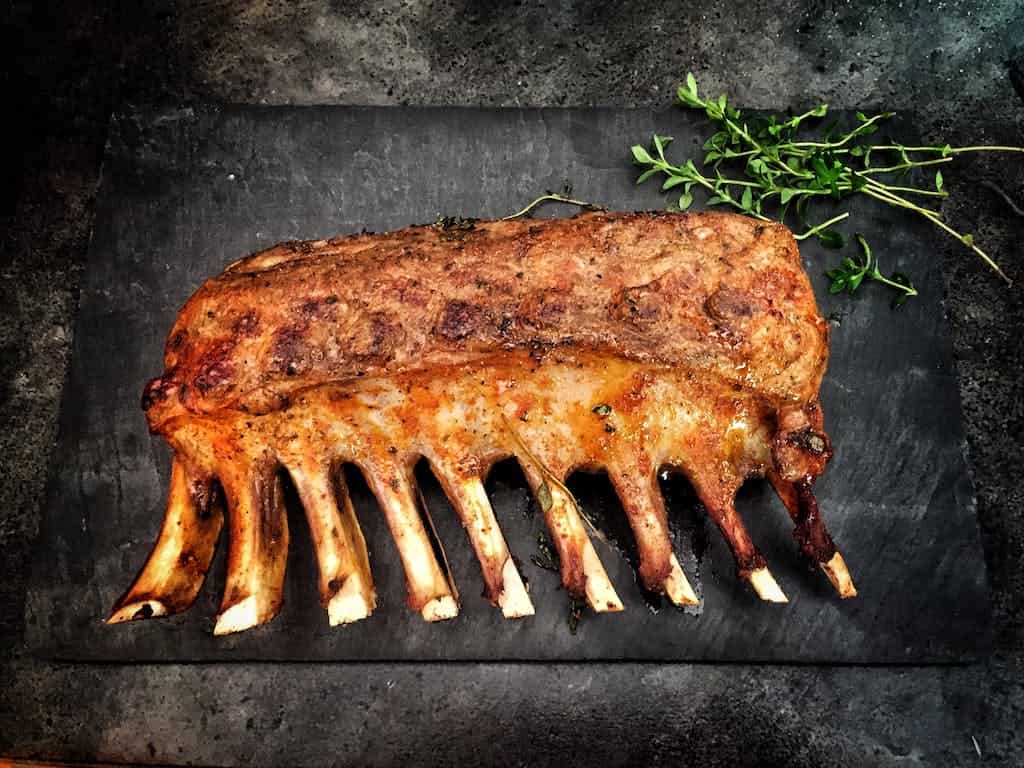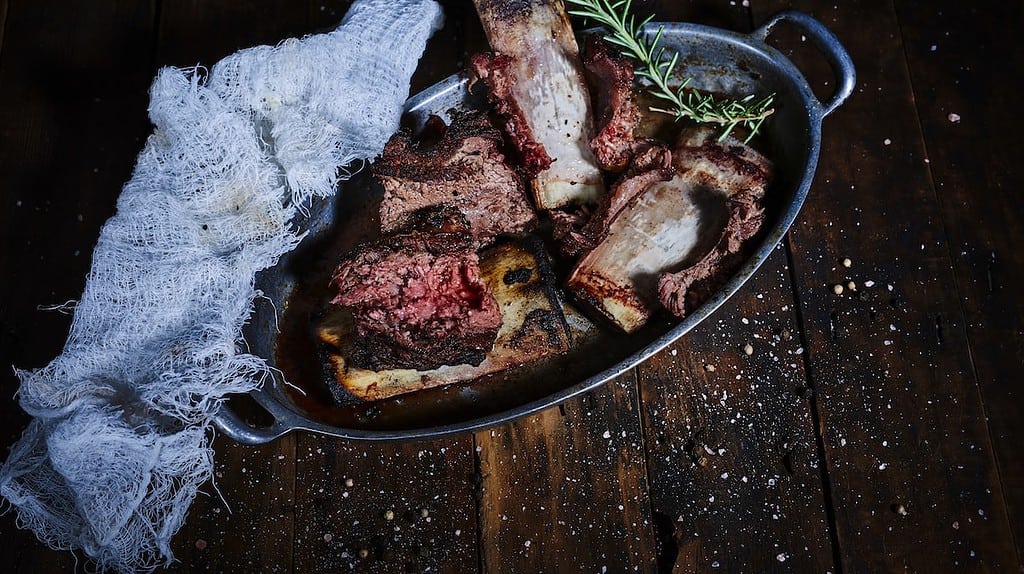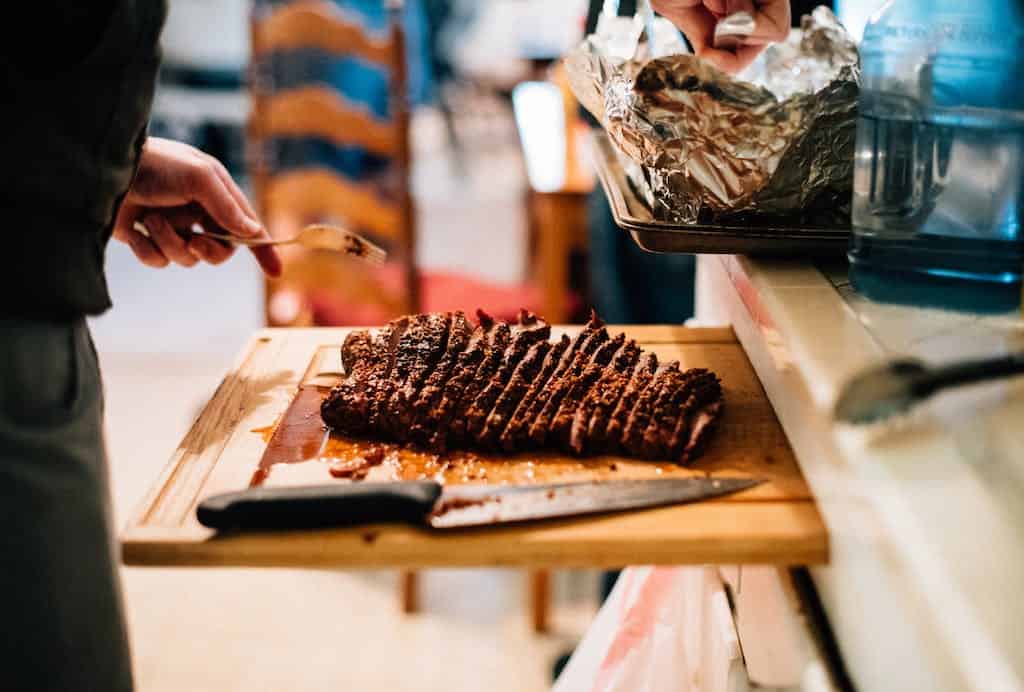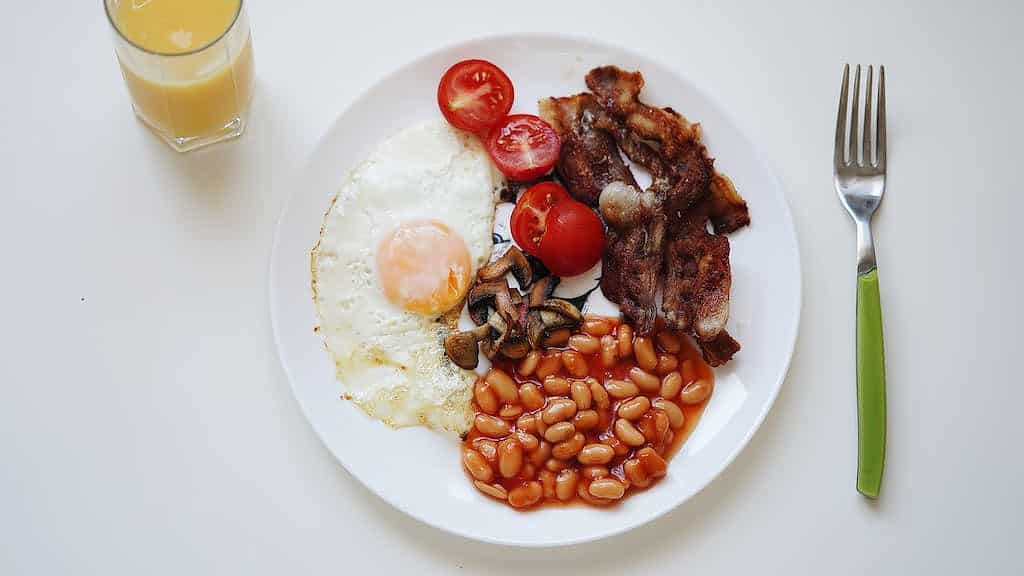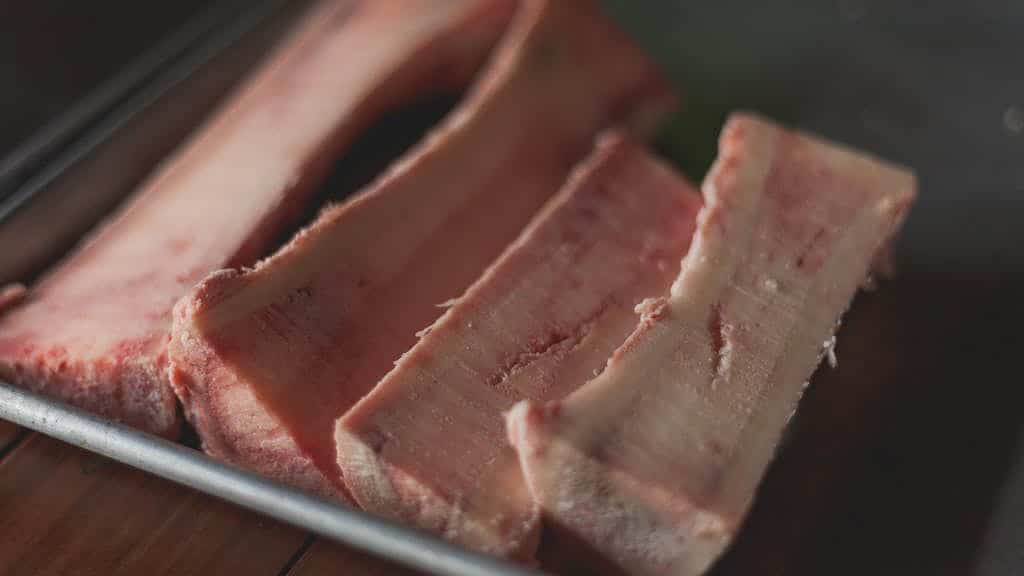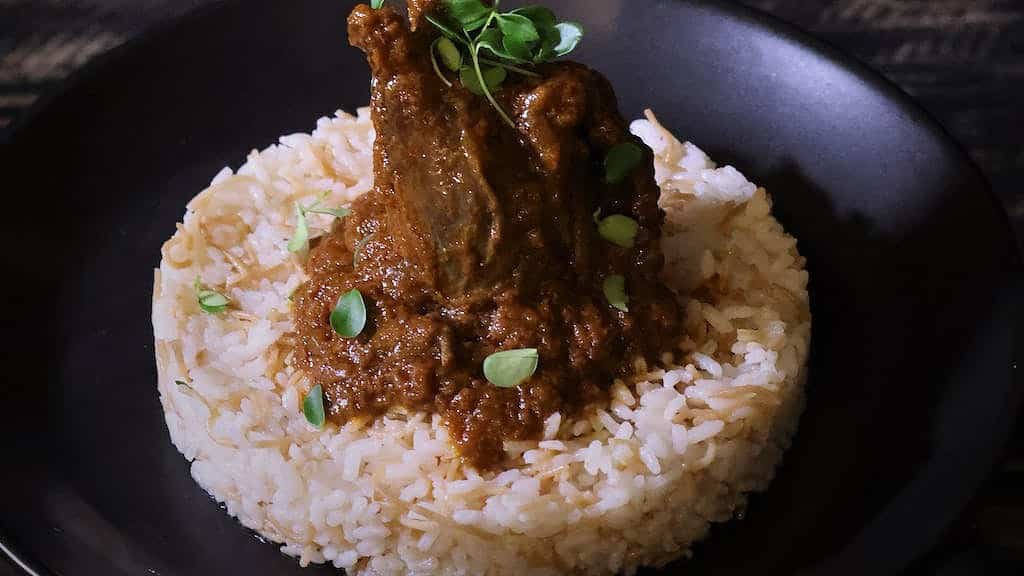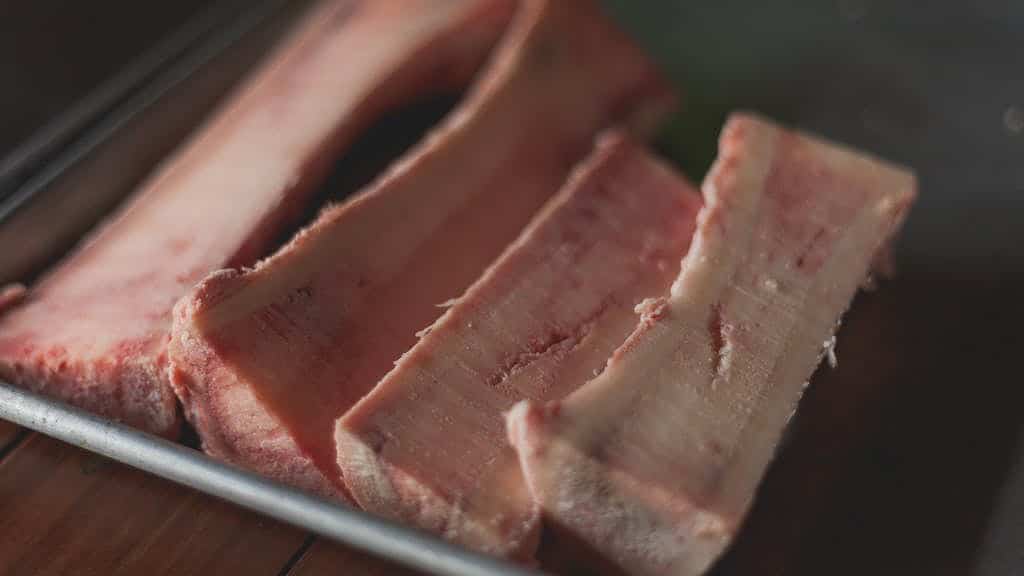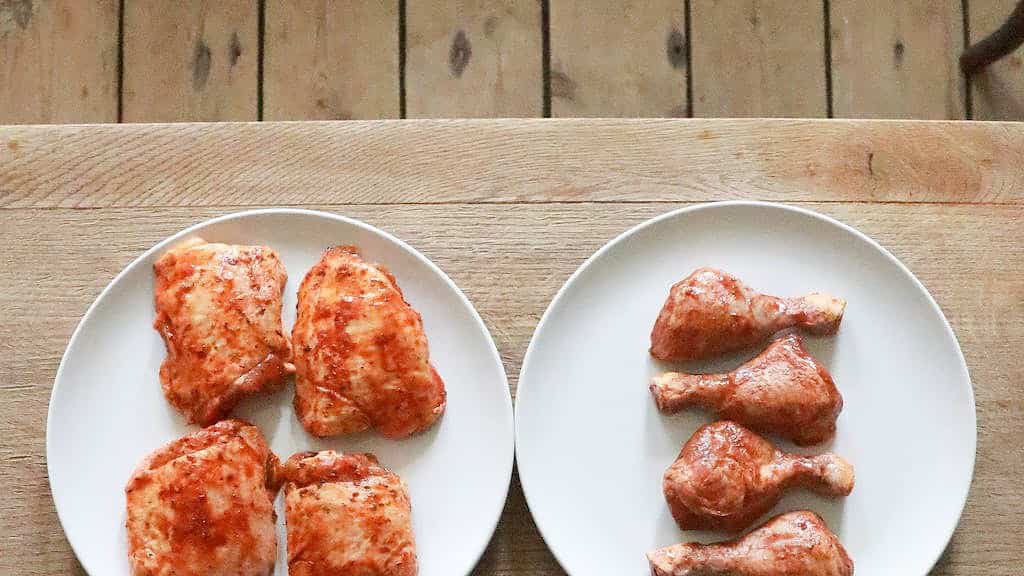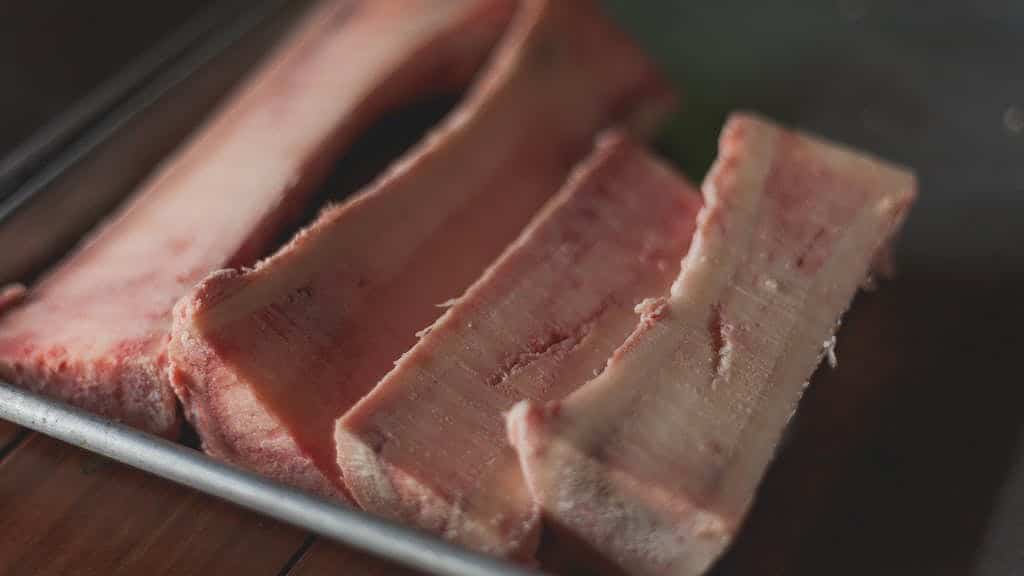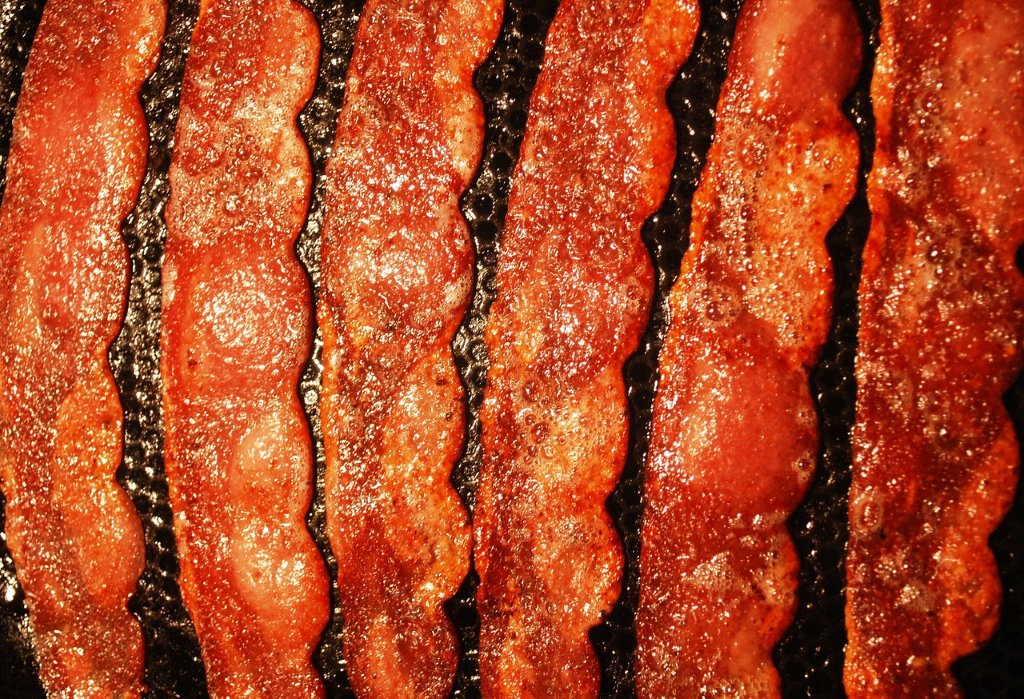Key Takeaways
- Pork rib bones can be dangerous for dogs as they can splinter and cause choking hazards or internal injuries.
- Cooked bones are more likely to splinter than raw bones, making them even more dangerous for dogs.
- Feeding your dog pork rib bones can lead to digestive issues such as blockages or pancreatitis.
- If your dog accidentally ingests a pork rib bone, monitor them closely for any signs of distress or health complications.
- Instead of pork rib bones, opt for safer alternatives such as raw bones specifically designed for dogs.
- Consult with your veterinarian for professional advice on what types of bones are safe and suitable for your dog’s diet.
- Always supervise your dog while they are chewing on bones and take away any bones immediately if they show signs of aggression or excessive chewing.
- Providing your dog with a balanced and nutritious diet, including appropriate treats, is crucial for their overall health and well-being.
- Regular dental care for your dog, including brushing their teeth or utilizing dental chews, can also help prevent dental issues and the need for chewing on bones.
- Remember that every dog is unique, and what works for one dog may not work for another. Always prioritize your dog’s safety and health above all else.
Summary
Many dog owners wonder, “Can my dog eat a pork rib bone?” The answer is no. While dogs may enjoy chewing on bones, pork rib bones pose several risks to their health. They can splinter easily and cause choking, blockages, or even perforations in their digestive system. However, the article delves into alternative options for satisfying your dog’s chewing instincts, potential dangers of pork rib bones, and suggests safer alternatives. It is worth reading to ensure you make informed decisions about your dog’s diet and keep them safe and healthy.

Are Pork Rib Bones Safe for Dogs to Eat?
Pork rib bones can present various risks to dogs, making them generally unsafe for consumption. Firstly, pork rib bones are more likely to splinter than other types of bones. These sharp fragments can cause serious injuries to a dog’s mouth, throat, and digestive tract. The splintered pieces can puncture or block the dog’s intestines, leading to potential life-threatening complications.
Another concern with feeding dogs pork rib bones is the high fat content. Consuming fatty foods can lead to pancreatitis, a condition characterized by inflammation of the pancreas. Pancreatitis can cause severe gastrointestinal distress and may require veterinary intervention. Furthermore, excessive fat intake can contribute to obesity, a common issue in dogs that can lead to various health problems.
What Alternatives Can I Offer my Dog?
Instead of pork rib bones, consider safer alternatives to provide your dog with a satisfying chewing experience. Dense rubber or nylon chew toys are excellent options as they are designed to withstand the pressure exerted by your dog’s jaws. Look for products specifically labeled as safe for chewing.
Another alternative is rawhide chews, but it is essential to choose high-quality, natural ones. Rawhide should be given under supervision as dogs may attempt to swallow large pieces, which can cause digestive issues. It’s also crucial to consult your vet before introducing any new chews to your dog’s diet to ensure they are suitable for their specific needs.
Are There Any Risks in Giving Small Portions?
Even small portions of pork rib bones pose significant risks to dogs. The bones can still splinter, resulting in sharp fragments that can cause injury or obstruction. Many veterinarians strongly advise against feeding any pork rib bones to dogs, regardless of the size of the portion. Choosing safer alternatives is the best approach to protecting your dog’s well-being.
What Should I Do if My Dog Consumes a Pork Rib Bone?
If your dog has ingested a pork rib bone, it is crucial to monitor them closely for any signs of discomfort, distress, or obstruction. Look for symptoms such as vomiting, diarrhea, abdominal pain, or difficulty passing stool. Should you notice any concerning signs, contact your veterinarian immediately for guidance. It may be necessary to seek veterinary care to ensure the bone does not cause any internal damage or blockage.
How Can I Safely Dispose of Pork Rib Bones?
Proper disposal of pork rib bones is essential to prevent any accidental consumption by your dog. When disposing of the bones, wrap them tightly in a plastic bag and secure it before placing it in a designated trash bin. Make sure the bin is secure and inaccessible to your dog. Be cautious when discarding bones in the kitchen trash or outdoor garbage cans, as dogs are often attracted to the smell and may attempt to scavenge.
Consult Your Veterinarian
It is always advisable to consult your veterinarian regarding any questions or concerns about your dog’s diet. They can provide personalized guidance based on your dog’s specific needs and help you choose suitable, safe alternatives to avoid potential risks associated with feeding pork rib bones.
Recipes and Alternatives to a pork rib bone for dogs
It is important to note that dogs should not be given pork rib bones as they can pose serious health risks. The bones can splinter and cause choking, blockages, or internal injuries. Instead, here are some alternative foods that are safe and healthy for dogs:
- Lean cuts of cooked chicken or turkey
- Raw carrots or apple slices
- Plain, cooked sweet potatoes
- Boiled or scrambled eggs
- Plain, unsalted peanut butter
Can My Dog Eat a Pork Rib Bone?
1. Is it safe for dogs to eat pork rib bones?
No, it is not recommended to feed your dog pork rib bones.
2. Why shouldn’t I give my dog pork rib bones?
Pork rib bones can pose serious health risks to dogs. They have the potential to splinter when chewed, which can lead to sharp pieces that may cause choking hazards, mouth injuries, or blockages if swallowed.
3. What are the risks of giving my dog pork rib bones?
The splintered bones can injure the mouth, including the tongue, throat, or gums. Additionally, if swallowed, these bone fragments can cause blockages in the digestive system, leading to potential stomach or intestinal damage, which may require immediate veterinary attention.
4. Are there any alternatives to pork rib bones for dogs?
Yes, there are plenty of safe and healthy alternatives that can satisfy your dog’s natural desire to chew. Consider offering them appropriate dog chew toys, specially designed dental chews, or raw bones that are free from any seasoning or cooking.
5. What should I do if my dog accidentally ingests a pork rib bone?
If your dog has swallowed a pork rib bone, it is crucial to contact your veterinarian immediately. They will be able to provide guidance based on the size of your dog, the potential risks involved, and may recommend monitoring, inducing vomiting, or performing an X-ray to assess the situation.
6. Can some dogs safely handle pork rib bones?
While there may be instances where larger dogs with strong chewing abilities can handle pork rib bones without immediate issues, the risks still exist. It is essential to remember that even if a dog has no problems with one bone, it doesn’t guarantee they will be fine with another. Therefore, it is best to avoid feeding pork rib bones altogether.
7. Are there any bones that are safe for dogs to consume?
Yes, there are certain bones that can be safe for dogs, but it is important to choose the appropriate ones. Raw bones, such as raw beef bones or raw chicken bones, that are large, meaty, and do not splinter easily can be considered relatively safe for dogs to chew. However, it is always recommended to consult your veterinarian for guidance specific to your dog’s size, breed, and chewing habits.
8. How can I ensure my dog’s chewing needs are met?
To fulfill your dog’s chewing needs, provide them with safe alternatives that are specifically designed for dogs. Look for toys made from durable materials, dental chews that promote oral health, or consider seeking advice from your veterinarian regarding appropriate chews and bones for your dog’s breed and size.
9. Can dogs eat any other human food?
While some human foods are safe for dogs, it is important to understand what is suitable for canine consumption and what is not. Foods like chocolate, grapes, onions, and garlic, for example, can be toxic to dogs. It is always best to consult with your veterinarian before offering any human food to your dog.
10. How can I ensure my dog’s overall nutrition and well-being?
Providing a balanced, high-quality dog food that is appropriate for your dog’s age, size, and breed is crucial for their nutrition and overall health. Additionally, regular exercise, routine veterinary check-ups, and lots of love and attention are important factors in maintaining your dog’s well-being.
Conclusion
Dogs should not be given pork rib bones to eat. While some dogs may be able to chew and consume them without any issues, there is a high risk of potential hazards. Pork rib bones can easily splinter and cause choking, blockages, or internal injuries when ingested. These sharp fragments can damage a dog’s throat, stomach, or intestines. Additionally, the high fat content in pork rib bones can lead to digestive upset or pancreatitis in dogs.
📚 Sources:
